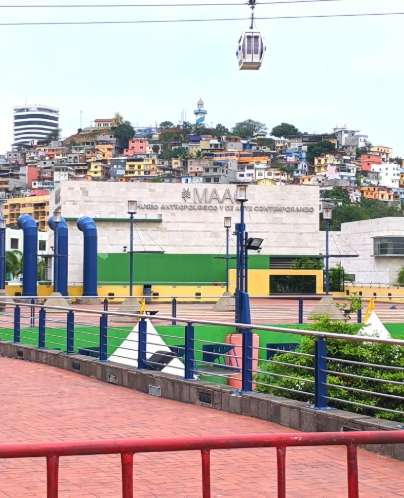Remains of Four Missing Guayaquil Football Players Identified.
The tragic disappearance and subsequent discovery of four young boys in Guayaquil, Ecuador, has ignited a firestorm of grief, outrage, and demands for justice across the nation. Steven Medina, 11, Nehemías Arboleda, 15, and brothers Ismael Arroyo, 15, and Josué Arroyo, 14, vanished on December 8, 2024, after reportedly leaving their homes to play football. Their families’ desperate search ended in heartbreak on December 24 with the grim discovery of their charred remains near the Taura Military Base, a chilling epilogue to a story that has gripped the nation.
The circumstances surrounding the boys’ disappearance quickly pointed towards potential military involvement. Witnesses reported seeing the children being detained by individuals in military uniforms on the day they vanished. Sixteen air force personnel have been detained in connection with the case, with military commanders acknowledging that the boys were briefly held on suspicion of robbery but asserting their subsequent release. This claim, however, is shrouded in doubt as no official documentation exists to corroborate either the arrest or the alleged release, raising serious questions about the military’s handling of the situation and the veracity of their statements.
The absence of a documented record of the boys’ detention and release has fueled public suspicion and amplified the calls for a thorough and transparent investigation. The discovery of the boys’ charred bodies further intensified the public outcry, transforming grief into outrage and demands for accountability. The case has become a focal point of national concern, highlighting broader anxieties about the increasing role of the military in civilian law enforcement, particularly during the ongoing state of emergency.
The Ecuadorian government, under immense pressure from public protests and the families’ relentless pursuit of justice, has pledged its commitment to uncovering the truth. President Guillermo Lasso has expressed solidarity with the grieving families and vowed to ensure a comprehensive investigation. The families, however, have expressed distrust in the military justice system and are demanding that the suspects be transferred to civilian custody, fearing a potential cover-up within the military ranks. This demand underscores a deep-seated concern about potential impunity within the armed forces and a lack of faith in their internal accountability mechanisms.
The investigation, slated to last 90 days, will delve into the actions of the detained air force personnel and scrutinize the chain of events leading to the boys’ tragic demise. The scope of the investigation will likely encompass the initial detention of the boys, the circumstances surrounding their alleged release, and the subsequent discovery of their bodies near the Taura Military Base. The probe could result in disciplinary action against the officers involved, ranging from reprimands to criminal charges, depending on the evidence uncovered. This case holds significant implications for the Ecuadorian military and could potentially reshape protocols regarding civilian interaction and detention procedures, particularly during states of emergency.
The tragic fate of the four boys has brought into sharp focus the delicate balance between national security concerns and the protection of fundamental human rights. Ecuador’s ongoing state of emergency, implemented to combat escalating crime rates, has granted the military increased authority in civilian law enforcement. This heightened role, however, has raised concerns about potential overreach and the risk of human rights violations. The case of the four boys serves as a stark reminder of the potential for abuse when military power intersects with civilian life and underscores the urgent need for stringent oversight and accountability mechanisms to ensure the protection of fundamental rights, even during times of heightened security concerns. The outcome of the investigation and the subsequent actions taken by the government will be closely watched by the nation and the international community, as they will send a crucial message about Ecuador’s commitment to justice, transparency, and the rule of law.
Share this content:












Post Comment